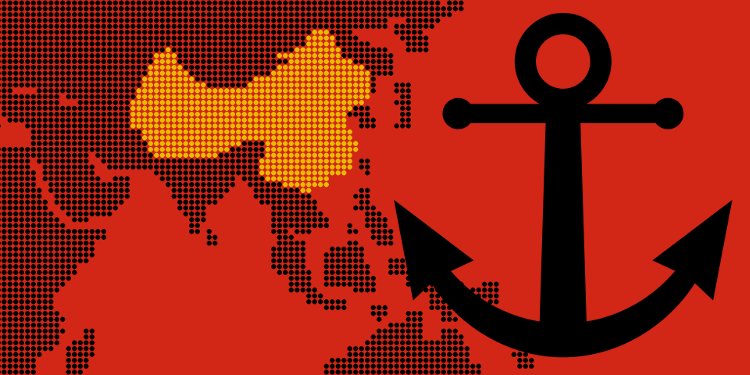As elections push forward in Taiwan and Malaysia, China faces it’s own political issue: Military reform.
The report from Reuters demonstrates two things. Firstly, we see that China’s military does, in fact, need reform. This is evidenced by the 300k military jobs cut since September. With an obviously larger shakeup coming, it is clear that the change is necessary, given China’s implied military status quo.
Secondly, we learn that China needs to sell the need for reform to its own military, thereby implying that, while the reform is necessary, many remain yet to be convinced that it is.
Generally speaking, growing assertiveness while implementing reform where there is no current invasion underway is typically an attempt to spread oneself too thin. This not only relates to the failing political establishment in Taiwan and Malaysia, but generic maritime strategy in the Pacific.
Read More

